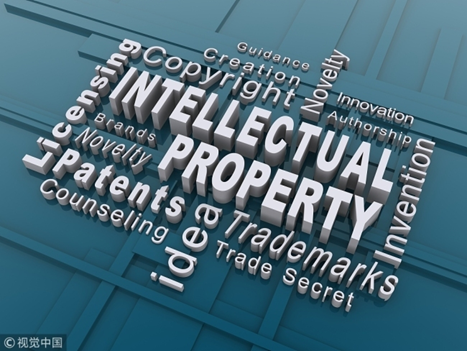By Cao Yin | chinadaily.com.cn |

[Photo/VCG]
In a show of force against intellectual property infringement, a Beijing court released 10 landmark cases on Thursday highlighting its efforts to combat malicious trademark registrations. The court aims to send a strong message of its commitment to protecting legitimate IP rights and fostering a fair market environment.
Song Yushui, vice-president of the Beijing Intellectual Property Court, emphasized the court's determination to tackle this issue, stating that they have "strengthened the fight against malicious registrations by improving the quality of case handling." She described these registrations as "a disturbance of the market order" and outlined various tactics used, such as "trademark squatting, appropriation, and imitation."
Song specifically mentioned the trend of individuals registering trademarks based on "hot issues, breaking news, well-known figures, or information with high social attention." These registrations, she stressed, "not only damage the rights of legitimate IP owners but also disrupt fair market competition."
To deter such practices, the court announced the release of 10 concluded cases, detailing specific circumstances and actions that constitute "malicious" trademark registrations. The move aims to provide clear guidelines for businesses and individuals seeking to register trademarks.
The move was welcomed by industry experts. Wu Dongping, secretary-general of the China Trademark Association, praised the court's efforts, stating that "fighting malicious registrations guarantees fair competition and protects innovators, ultimately contributing to high-quality economic development."
Liu Wenchao, a political adviser in Beijing, further emphasized the importance of protecting trademarks, calling them "intangible assets of enterprises." He urged the court to maintain its pressure on malicious registrations, ultimately supporting China's ambition to become a "brand power."